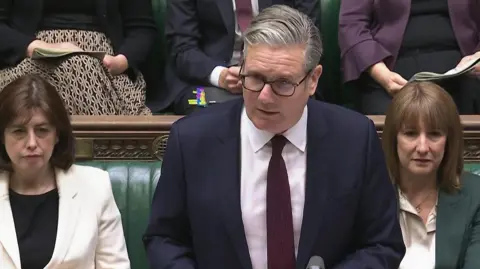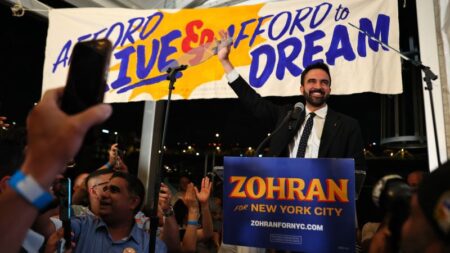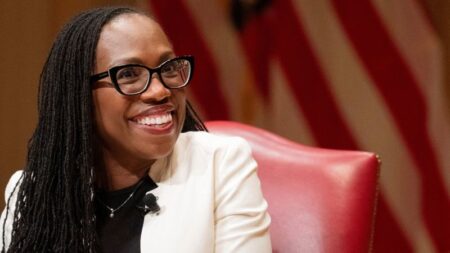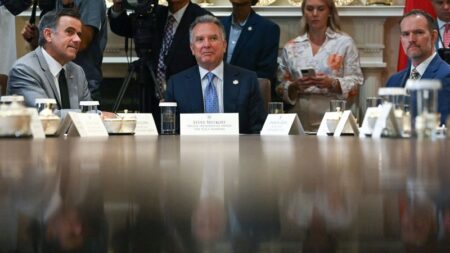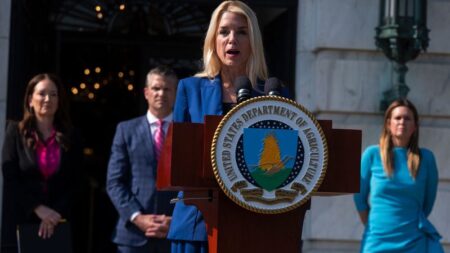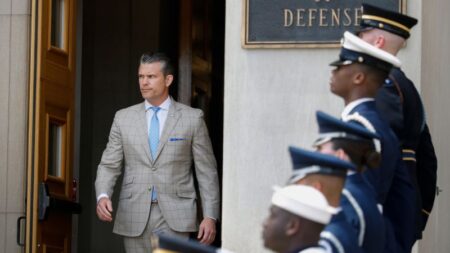**Starmer Refuses to Rule Out Freeze on Tax Thresholds**
In a significant development regarding the United Kingdom’s tax policy, Labour Party leader Sir Keir Starmer recently refrained from committing to an end of the freeze on tax thresholds during parliamentary discussions. This freeze, which has drawn substantial criticism, has resulted in millions of taxpayers facing higher rates. The current restrictions on National Insurance (NI) and income tax thresholds were originally instituted by the Conservative government and are due to remain in force until April 2028.
During the weekly Prime Minister’s Questions session, Sir Keir was directly asked whether the Labour government would maintain the freeze on these thresholds. His response emphasized a commitment to the Labour Party’s election manifesto, which includes promises concerning taxation. Notably, the manifesto specifically vows against increasing National Insurance, income tax, or VAT; however, it does not address the fate of the tax thresholds themselves.
The freeze on tax thresholds has increasingly become a pressing issue as the economic landscape shifts. Government decisions regarding taxation have historically aligned these thresholds with inflation, adjusting them annually to reflect rising living costs. In contrast, the present freeze, which began in the fiscal year 2021/22, has left the thresholds static. As a result, many taxpayers may find themselves pushed into a higher tax bracket or required to pay taxes on their income for the first time due to wage increases.
Starmer’s comments come at a time when the government’s fiscal strategy is under scrutiny. Recent U-turns regarding cuts to disability benefits and winter fuel payments for pensioners have drawn attention to the government’s spending plans, with many economists predicting that bleeding tax revenues in the autumn Budget will be necessary. These concessions, which affect vital welfare support systems, have raised questions about the government’s previous commitments and financial management.
In this context, the possibility of extending the tax freeze through 2029/30 is being discussed, which could potentially generate an estimated £7 billion annually. Chancellor Rachel Reeves, during her Budget address last fall, voiced strong opposition to further extending the freeze, arguing that such a move “would hurt working people.” She pledged to increase thresholds in future plans, starting from 2028/29. However, Starmer’s lack of a categorical refusal regarding the freeze has led to confusion and concern among stakeholders.
Moreover, the exchange between Starmer and Conservative leader Kemi Badenoch is particularly notable. Badenoch prompted Starmer for confirmation that the government’s approach to the tax thresholds had not shifted. Starmer responded cautiously, stating, “No prime minister or chancellor is going to write a Budget in advance. We are absolutely fixed on our fiscal rules. We remain committed to them.” This statement seemed to indicate that any decisions concerning the freeze might still be flexible, ultimately subject to future economic conditions.
The fiscal rules imposed by the government aim to instill confidence within financial markets, stipulating that the government should avoid borrowing for daily expenses and work towards reducing national debt as a share of GDP by the end of the 2029/30 fiscal year. However, adhering strictly to these rules might restrict the government’s maneuvering space, thereby increasing the likelihood of necessary tax rises.
In conclusion, the potential extension of the freeze on tax thresholds positions a complex challenge for the Labour Party and the government, as it balances fiscal responsibility against the economic realities facing ordinary citizens. As discussions continue and economic conditions evolve, the eventual direction on tax policy will remain a key focus of public scrutiny and political debate in the UK.





